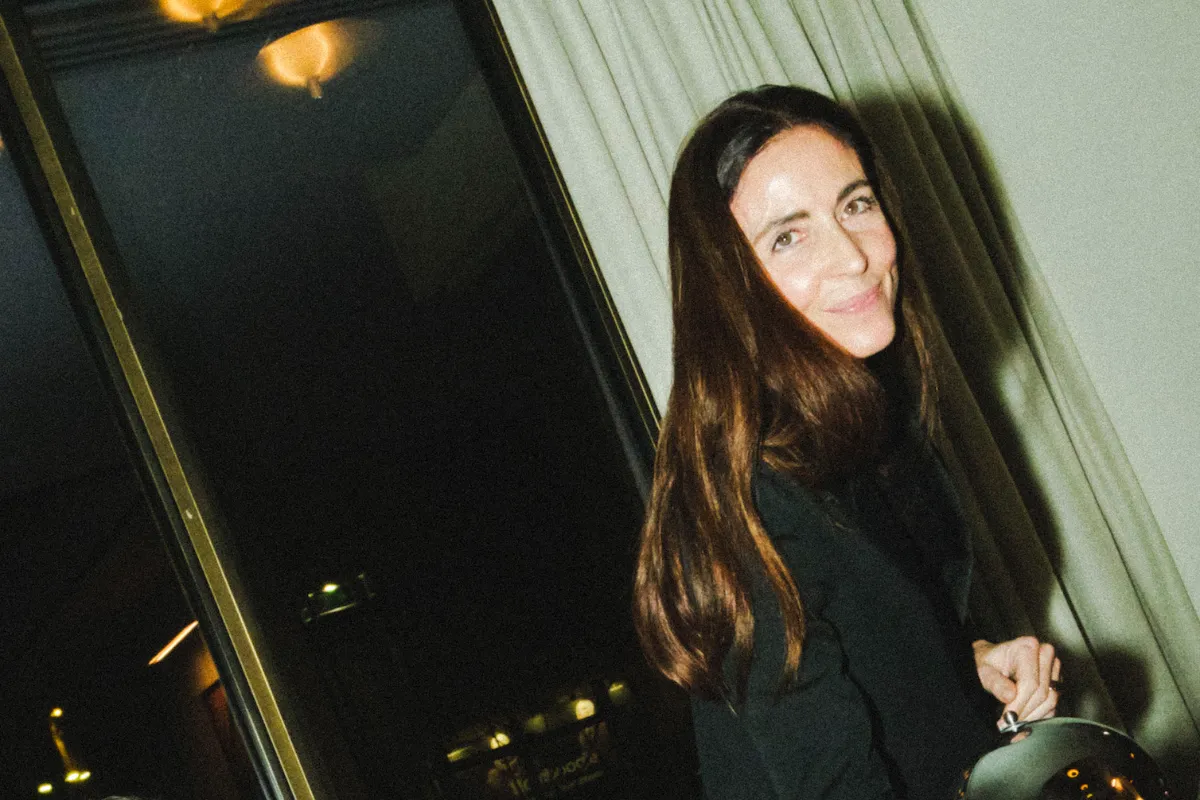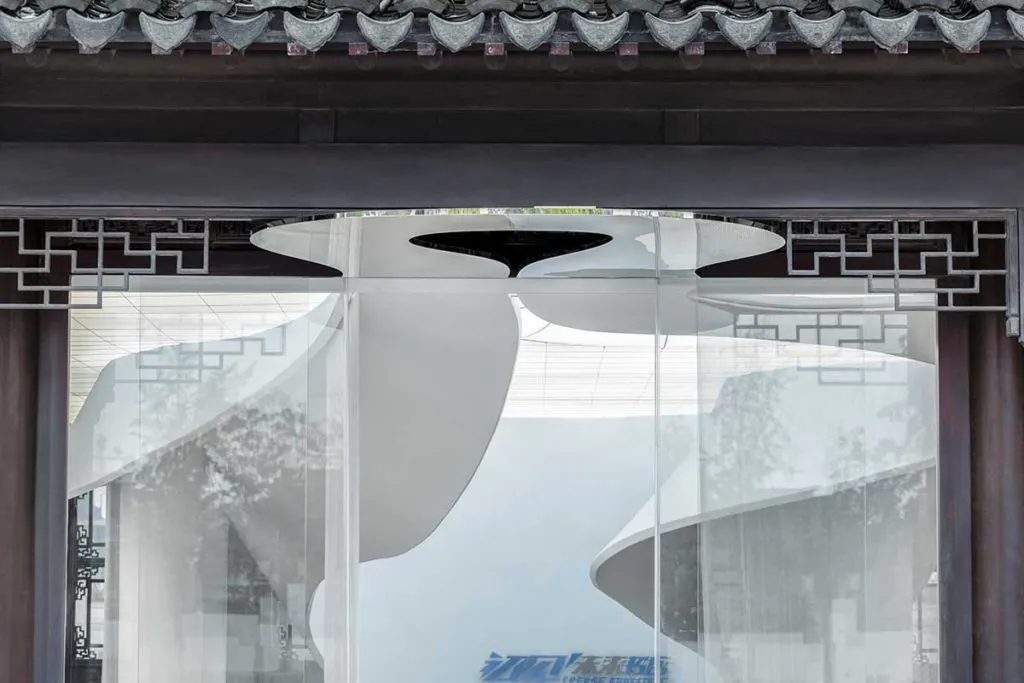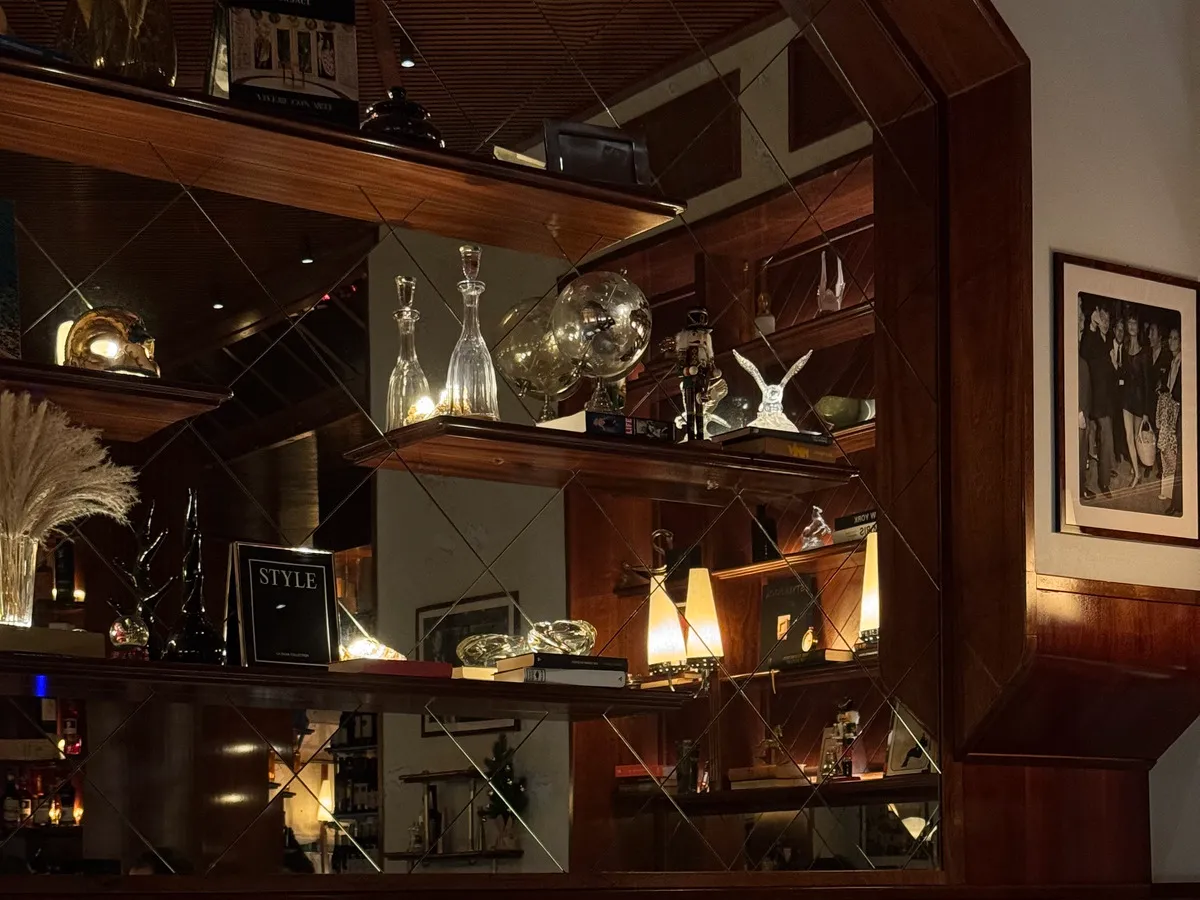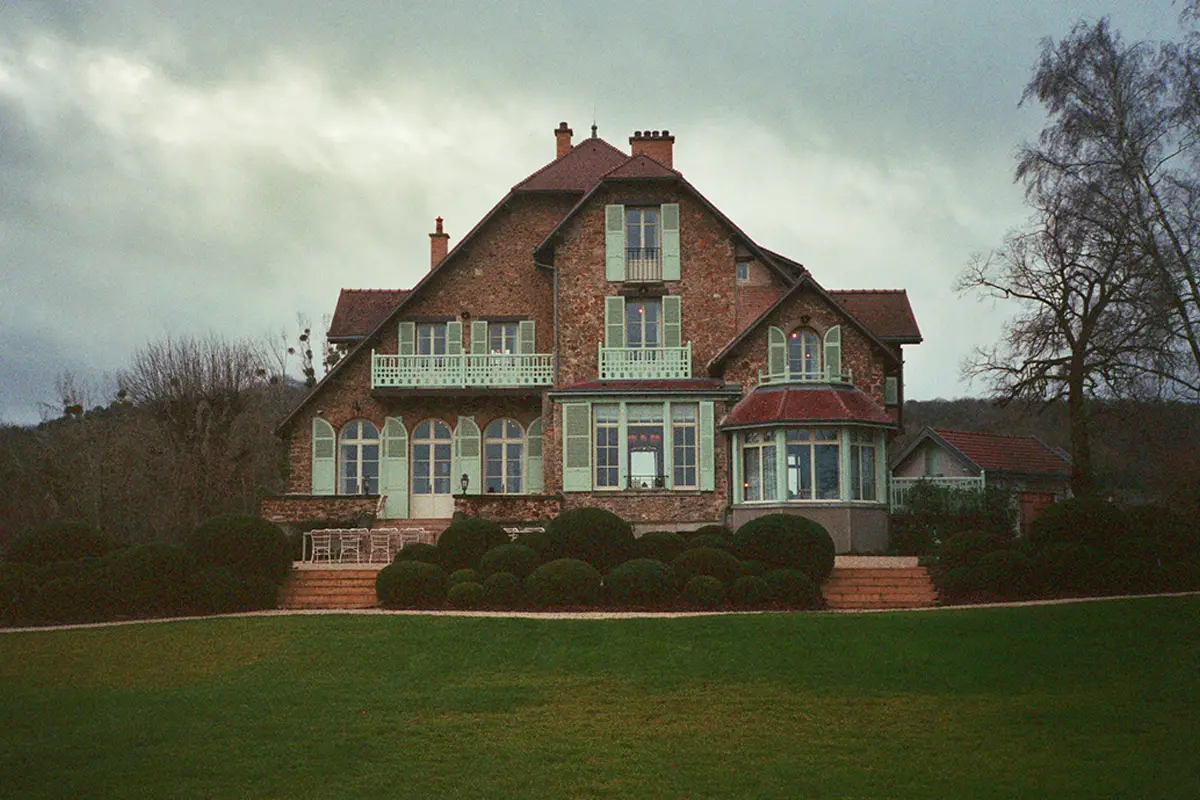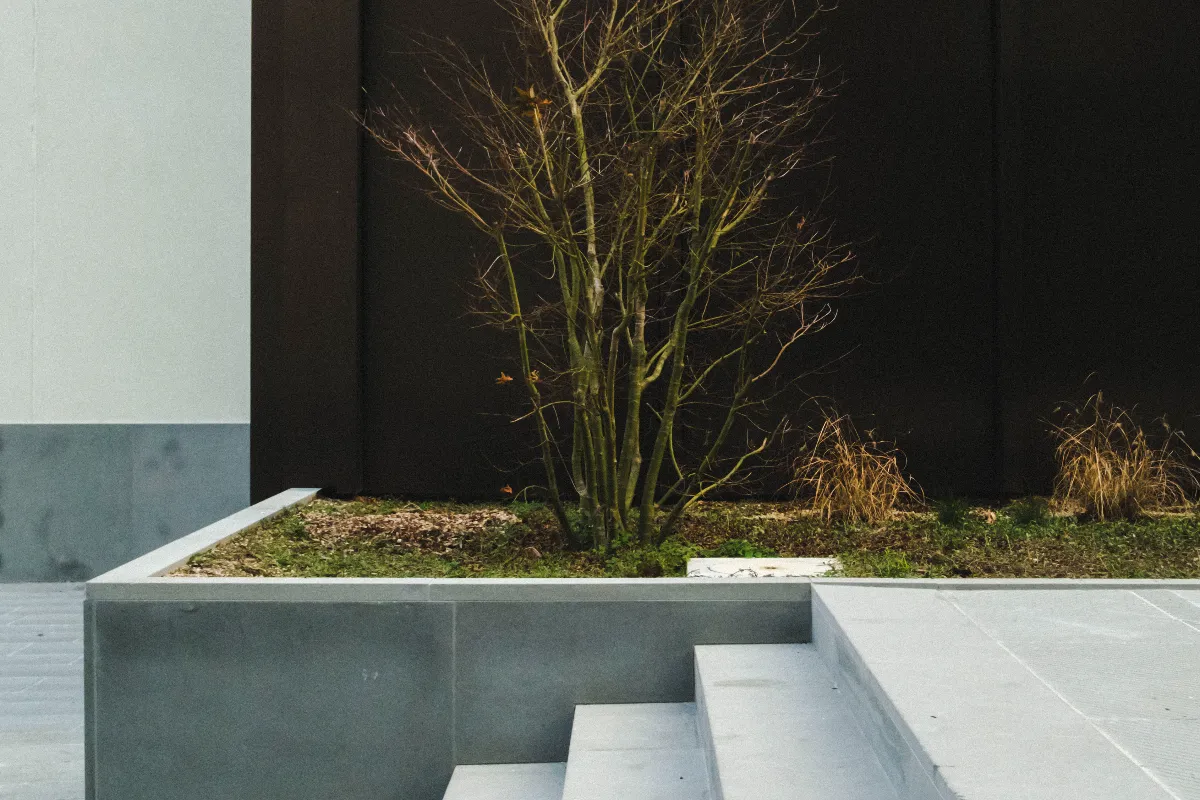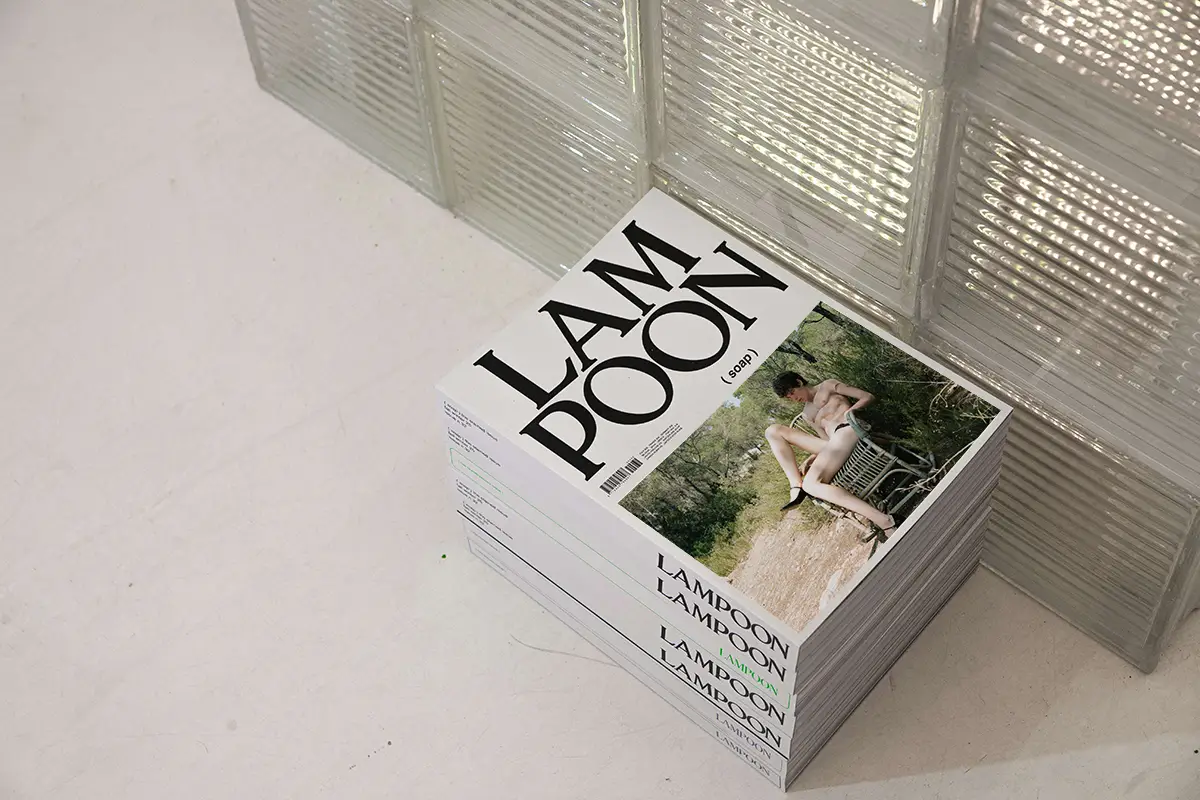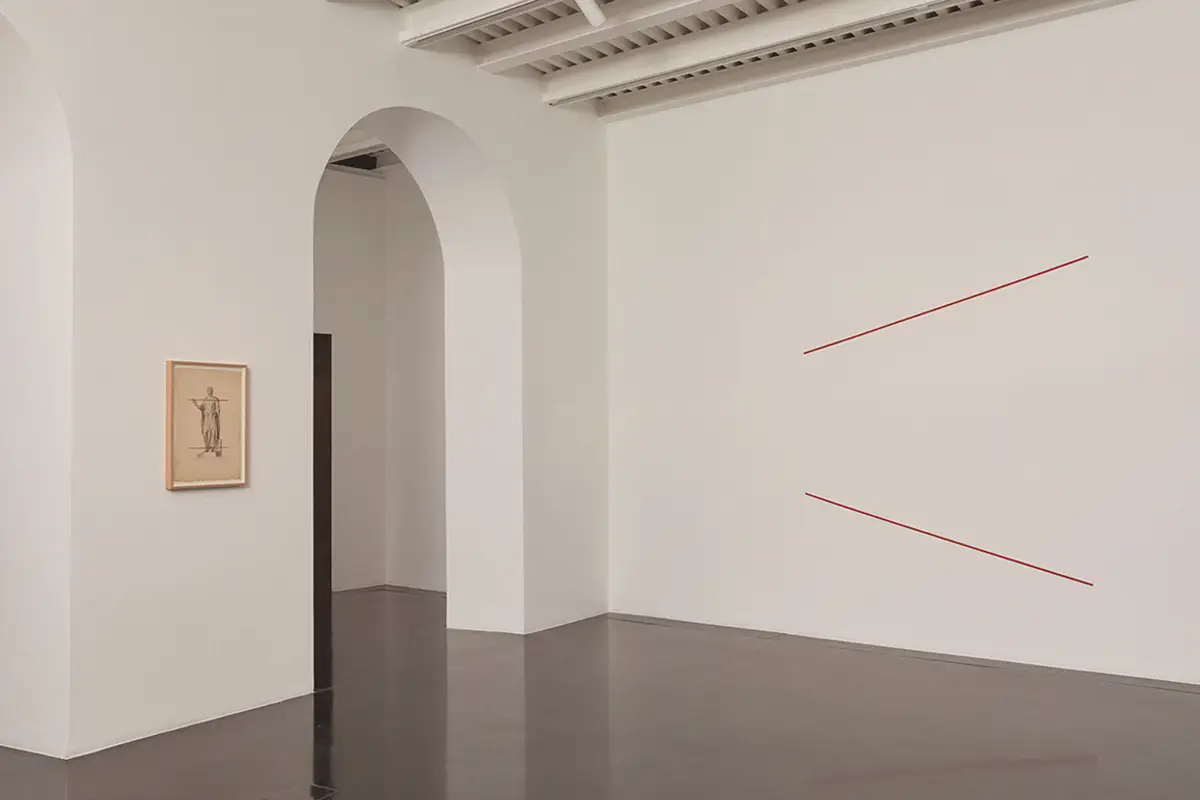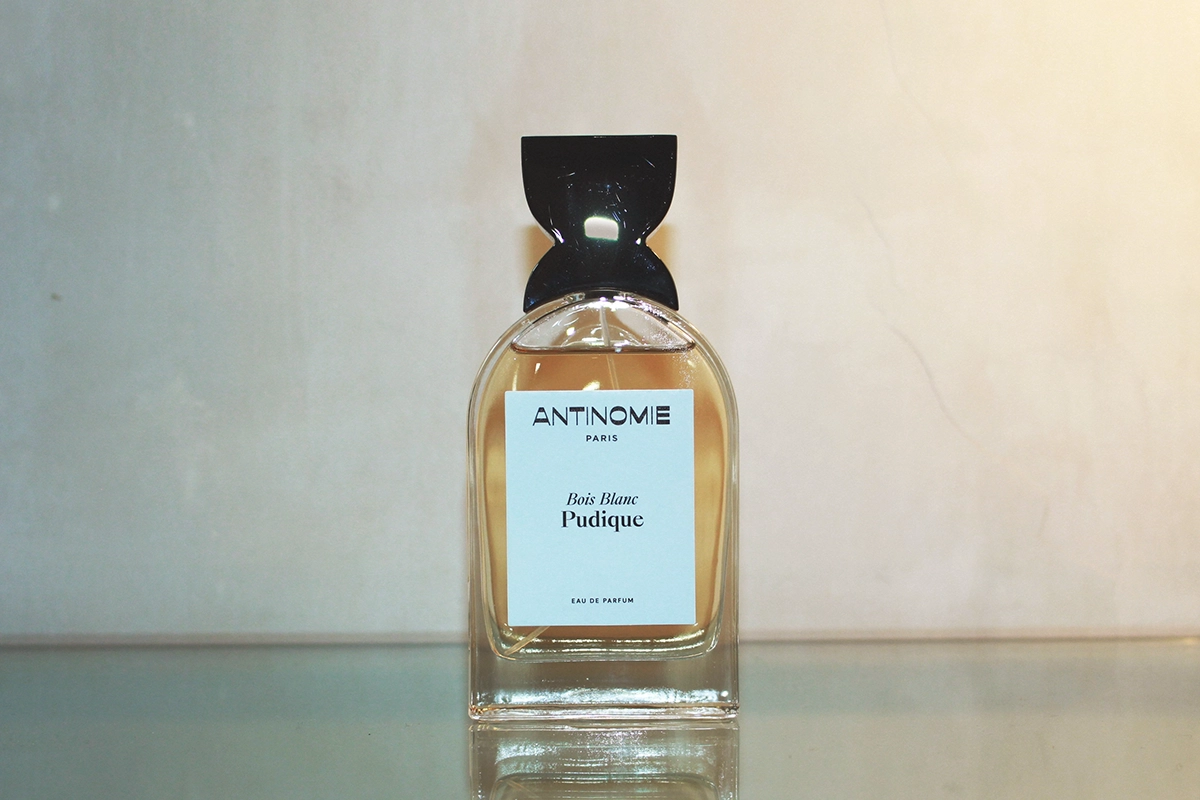
Antinomie Bois Blanc Pudique: I contain multitudes
In a world obsessed with fixed identity, a Paris-based perfumery dares to embrace contradiction as a form of truth.
There’s a quiet elegance to Antinomie’s emergence, a deliberate refusal to indulge in spectacle. Based in Paris, the historic epicenter of perfumery where legacy brands dominate and tradition often dictates form, Antinomie chooses to operate on the periphery. Not out of necessity, but intention. This is a house defined not by marketing noise, but by conceptual clarity and emotional depth.
Founder Ranya Maaner carries a lineage steeped in scent. The granddaughter of a Tunisian perfumer and daughter of a French nez, her inheritance is not just olfactory it’s existential. Yet she initially diverged from her path, studying marketing and working in human resources. Only in the stillness of the pandemic did the latent resurface. Not a reinvention, but a return to fragrance as language, as memory, as identity, as contradiction. With Antinomie, Maaner gives form to a deeply personal philosophy: perfume not as accessory, but as articulation of being.
Antinomie was born not as a brand, but as a manifesto. A philosophy. Even the name carries its thesis: in philosophy, an antinomie is the coexistence of opposing truths. In fragrance, it becomes a rebellion against the rigidity of olfactory families, classifications, and categories. It asks: Why must scent like selfbe singular?
Because if perfume is more than an accessory if it is language, memory, emotion then it must also be contradiction. Why must we smell like the same version of ourselves from morning until night? What if the citrus that suits you at noon feels false by dusk? What if jasmine means something different in the rain than it does under sunlight?
Antinomie doesn’t offer answers. It offers reminders of the people we might’ve been, the selves we almost chose. It’s a quiet rebellion against the tyranny of coherence. As Walt Whitman wrote: “Do I contradict myself? Very well then, I contradict myself. I am large, I contain multitudes.” Antinomie dares to bottle those multitudes.
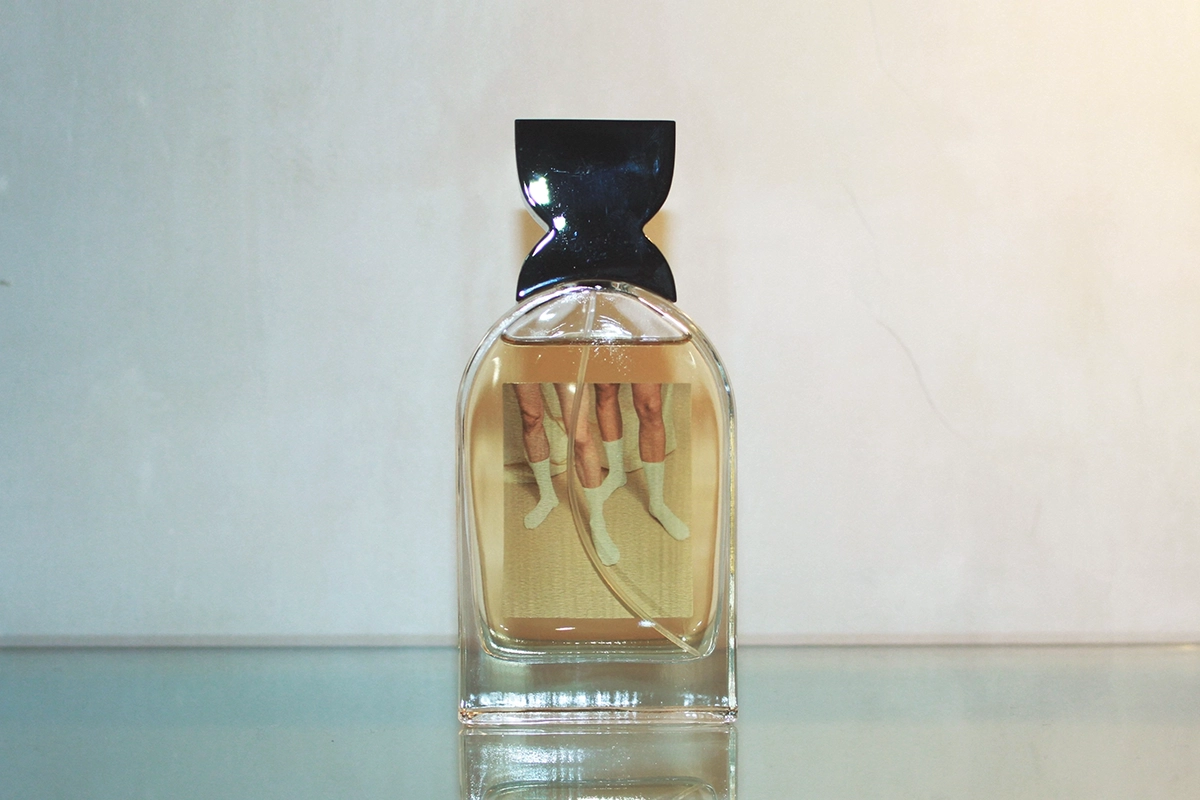
Bois Blanc Pudique: A Fragrance in Three Acts
If Bois Blanc Pudique were a record, it would be a concept album. It begins at dawn and ends somewhere just before dreaming a scent that shifts with you, or in spite of you.
It opens on sharp, tropical brightness: mandarin, pear, pineapple. Optimistic. Transparent. The scent of curated mornings and clean beginnings. It’s what you might wear when stepping into the world, but it resists predictability. Then come the florals: jasmine, ylang ylang, hyacinth. Soft, abstract, almost sterile in their clarity. But even here, something simmers.
Slowly, patchouli arrives not gritty or underground, but smooth, velvet-draped. It doesn’t interrupt; it unsettles. A shadow stretching as the day tilts. The sun lowers. Identity bends.
By night, the fragrance turns inward. Amber and vanilla arrive not to seduce, but to settle. A skin scent: delicate, tenacious. Musk provides structure, a quiet architecture. The clean becomes intimate. The light becomes memory. The earth holds the sun’s trace. You’d never guess this was the same scent you wore in the morning. That’s the point.
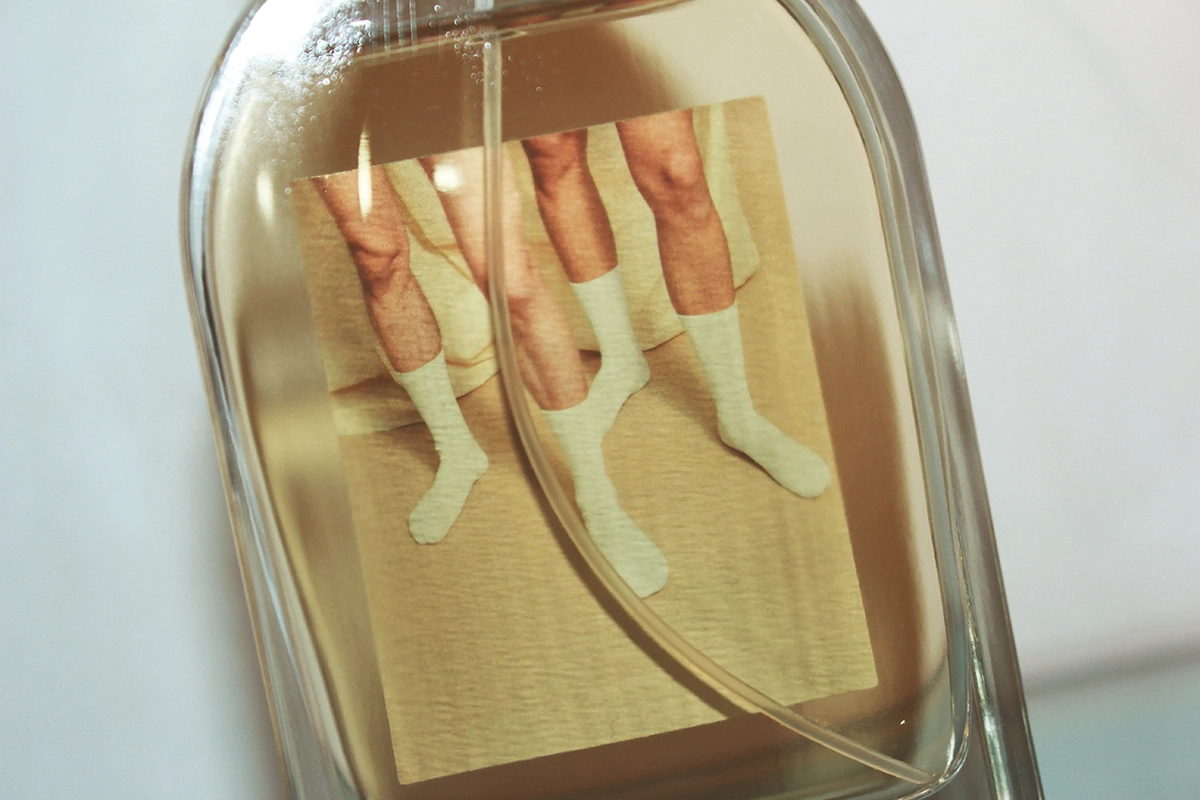
A Scented Contradiction, by Design
At its core, Antinomie is less about how we smell and more about how we exist. It rejects the linearity of personal branding and embraces what it means to be human: shifting, unstable, plural.
Bois Blanc Pudique is not a signature scent. It’s a diary entry. A whispered refusal. A slow unraveling of everything consistency promises and complexity denies.
Before bed, a question lingers in the air, barely perceptible like the final trace of dry amber on skin:
Must we really decide who we are before choosing a perfume?
Eugenio Falavigna


